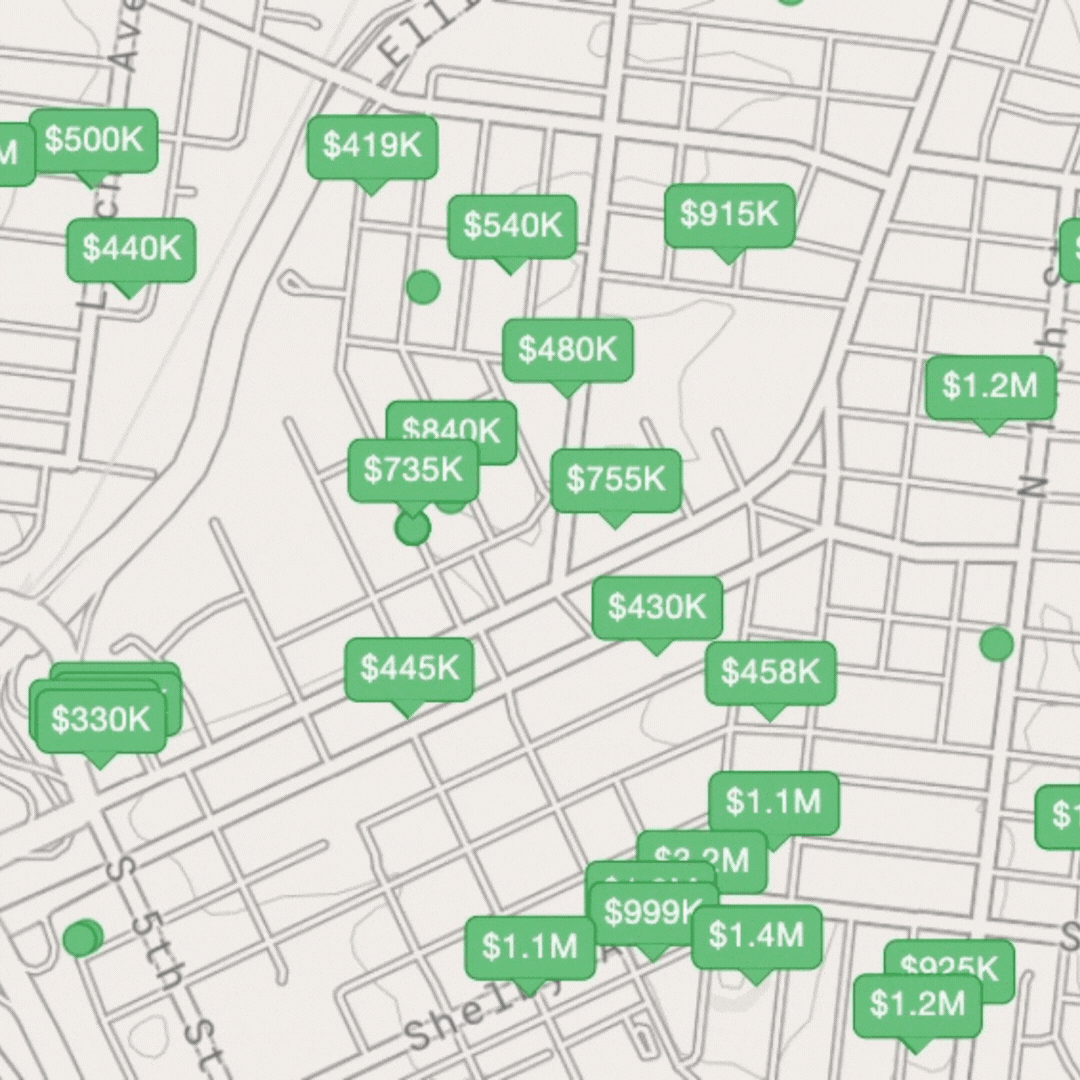The sentiment among Realtors seems to be best summed up by a recent wry tweet from a New York area agent: “I am totally shocked that a salesperson working for a buyer persuaded unrepresented homeowners to sell their homes for less than they were worth.”
The FTC determined Opendoor was pitching sellers by using misleading and deceptive information, suggesting that selling to them meant more money for the seller than they could get on the open market when in fact, most people who sold to Opendoor made thousands less than they would have by using a Realtor and paid higher fees while doing it.
“Opendoor promised to revolutionize the real estate market but built its business using old-fashioned deception about how much consumers could earn from selling their homes on the platform,” said Samuel Levine, Director of the FTC’s Bureau of Consumer Protection. “There is nothing innovative about cheating consumers.”
Opendoor hasn’t admitted to any wrongdoing, but their marketing materials included charts comparing consumers’ net proceeds from selling to them versus on the market. Those charts almost always showed consumers making thousands more selling to Opendoor. The complaint says that the sellers lost thousands of dollars compared with selling traditionally. It’s because their offers are below market value, and their costs have been higher than a realtor’s.
In addition to the $62 million payment, Opendoor has agreed to stop deceiving potential home sellers and to stop making baseless claims. When the Commission issues an order like this, it carries the force of law with respect to future actions, which is good news for consumers.
You may remember I got my iBuyer accreditation last winter, so if you do decide to sell through Opendoor or any of the other iBuyers in our market, be sure to reach out. We present you with net sheets from the iBuyer, but also projections on how much you should be able to realize on the traditional market too. This is helpful info no matter what your decision is, and we’d love to be your resource during your next home sale.
Read Next: Shady Brokers

